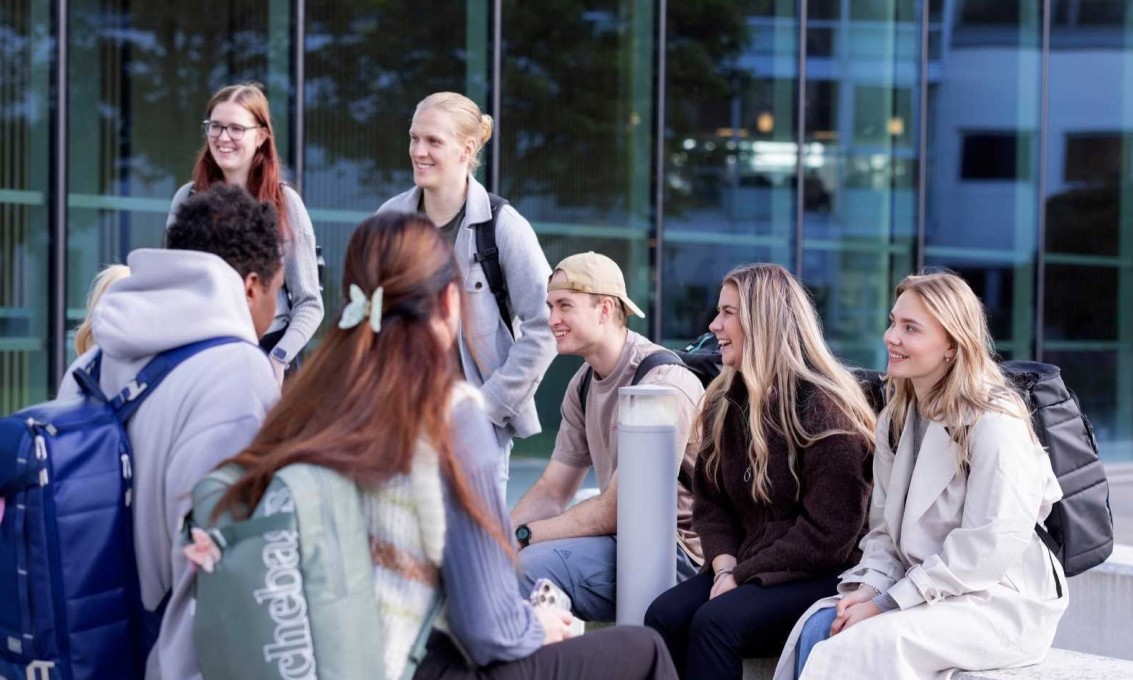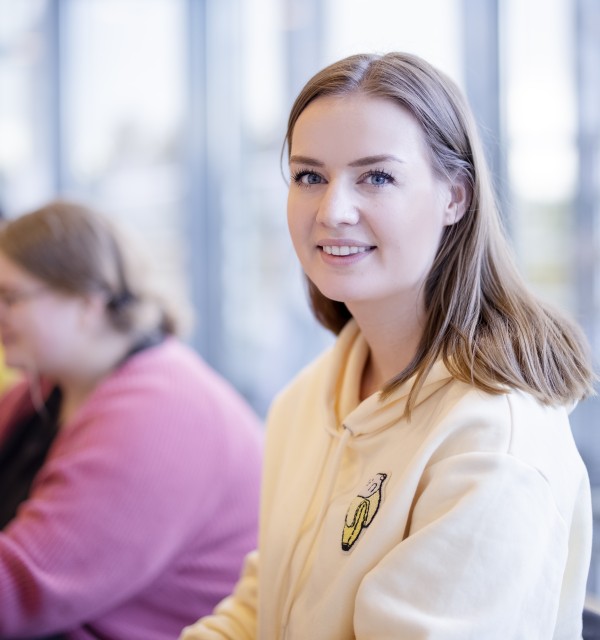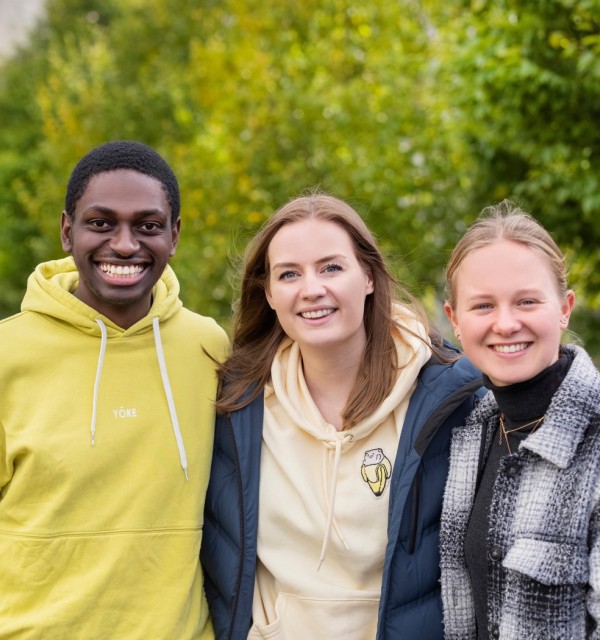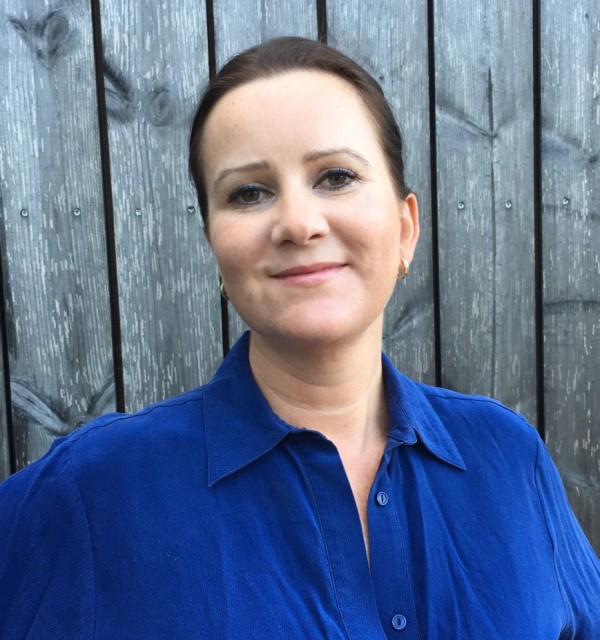PROFRES - The Interdisciplinary, Interprofessional and Practice-Near Research School
PROFRES 2.0 is a national research school for practice-near research within the fields of health, welfare and education. PROFRES is funded by the Research Council of Norway in the period 2022-2030.
Partners
University of Stavanger, University of Agder, Nord University, University of South-Eastern Norway, Western Norway University of Applied Sciences, Molde University College, Østfold University College and Volda University College are partners in the research school. The project office is at UiS. Find contact person from your institution.
Contact
Director: Birgitta Haga Gripsrud
Administrative contact: Camilla Melhuus Line og Øyvind Nystøl
About PROFRES
PROFRES 2.0 is a national research school profoundly preoccupied with conditions in working life, as evident in our remit for practice-near research problems in the fields of health, welfare and education.
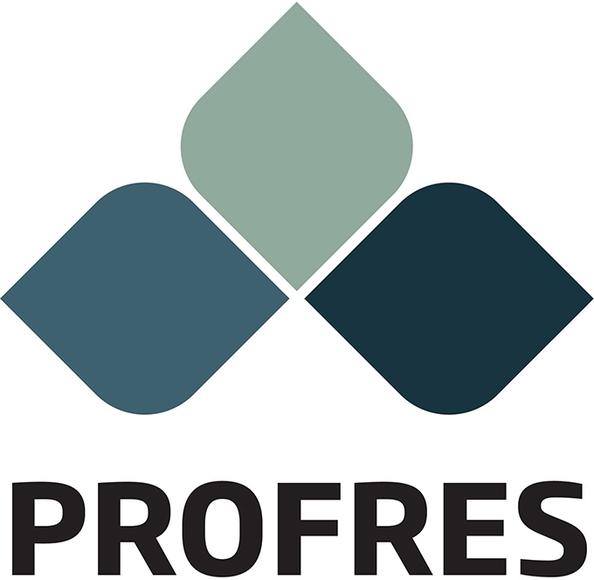
The research school was established in 2014 to strengthen research in the areas of health, welfare and education. In 2022, the Research School was granted funding from the Research Council of Norway for an eight-year project, PROFRES 2.0.We recruit up to 60 PhD candidates from a consortium of nine Higher Education institutions in Norway: the University of Stavanger, the University of Agder, the University of Southeast Norway, Nord University, Western Norway University of Applied Sciences, Østfold University College, Volda University College, and Molde University College, with VID Specialized University as an associated partner. International partners include Roskilde University and Tallinn University.
We offer our candidates a social arena for their personal and academic development. Our educational content encompasses participation in an integrated academic programme, the purpose of which is to improve the quality of practice-near and professions-oriented research through interdisciplinary and interprofessional approaches, and cross-collaboration. This is our contribution to strengthen knowledge development within these “young” fields of professions research.
A further purpose is to increase the relevance of research for the labour market, in line with Higher education policy directions in Norway. Consequently, PROFRES 2.0 will establish a ThinkTank as a space for co-creation between Academia and the labour sector’s practice fields, cultivating interplay between knowledge-based professional practice and practice-near research mutually.
Participants in the research school become part of a dynamic multi-disciplinary community holding advanced scientific, theoretical and methodological knowledge and expertise. An important task for PROFRES 2.0 is to contribute to the formation and development of our candidates as researchers and practitioners. We believe this is achieved through the cultivation of our candidates’ ability for critical reflection and fine-tuned ethical sensitivity in their encounters with various academic, practice-near and professional challenges. Further to this, PhD candidates in the PROFRES 2.0 research school will also get opportunities to develop transferable, creative and collaborative skills. These will equip and enable our participants to meet challenges and shape practices in the future Welfare State - whether within or outside academia - even after their PhD trajectory is completed.
PROFRES is an interdisciplinary and interprofessional research school with the aim of developing and strengthening practice-near research within the three major fields of the welfare state: health, welfare, and education. We shape the future of welfare.
Admissions
The research school has admissions twice a year, and the application deadlines are January 15th and August 15th. Participation in the research school normally applies for a period of three years.

You can find the digital application form for admission to the PROFRES research school here. In the application, you should explain how your research project relates to PROFRES's profile and objectives. This allows you, as an applicant, to demonstrate the relevance of your project and your motivation for seeking admission. A project presentation (see recommended content below) should be included with the application.
Applicants must be registered in a Ph.D. program or have confirmation of funding for Ph.D. studies from one of the collaborating institutions: Nord University, University of Agder, University of Stavanger, University of South-Eastern Norway, Western Norway University of Applied Sciences, Molde University College, Volda University College, Østfold University College, or VID (associate partner).
An admissions committee consisting of staff members and a representative of the PhD candidates in the research school assesses the applicants based on the applications' academic quality and relevance to the research school's profile. A balance is sought in the candidate pool between institutions and disciplines. Public sector/Industry PhD projects that meet all of the above criteria are prioritized for admission. Responses to applications are normally provided one month after the application deadline.
Academic Writing Workshop
In the academic writing workshops, our writing mentor Charlotte Wegener will assist participants in making their everyday writing practice productive and joyful.

Writing is an integral part of a doctoral study, yet it tends to be an individual endeavor that many doctoral researchers find challenging. In the writing workshops, I will assist participants in making their everyday writing practice productive and joyful. We will also investigate various genres related to research traditions and experiment with ways of representing research. The workshops will be hands-on, based on recent research on academic writing and take participants’ needs and interests as a point of departure. The workshops alternate between short introductions to theory and method, writing exercises, peer reflections and reflections in plenum.
Brief bio:
Charlotte Wegener is associate professor at Department of Communication and Psychology, Aalborg University, Denmark. Throughout her academic career, she has written in various genres, she studies academic writing and publishes papers and book about doctoral writing and academic writing in general. She teaches workplace learning and social innovation within the fields of social work, health and education and runs doctoral courses on writing and qualitative methods. She has a background in music science and Nordic literature and finds inspiration in these fields in her writing practice and teaching.
Contact: cw@ikp.aau.dk
2014
23
60
72
Organisation
Contact persons
University of Agder
Professor Mariann Fossum, mariann.fossum@uia.no
University of South-Eastern Norway
Professor Karianne Skovholt, karianne.skovholt@usn.no
Nord University
Professor James Nicholas McGuirk, james.mcguirk@nord.no
Western Norway University of Applied Sciences
Professor Gudmund Ågotnes, gudmund.agotnes@hvl.no
Molde University College
Professor Johanne Alteren, johanne.alteren@himolde.no
Volda University College
Professor Kjartan Leer-Salvesen, kjartan.leer-salvesen@hivolda.no
Østfold University College
Professor Kirsti Skovdahl, kirsti.i.skovdahl@hiof.no

